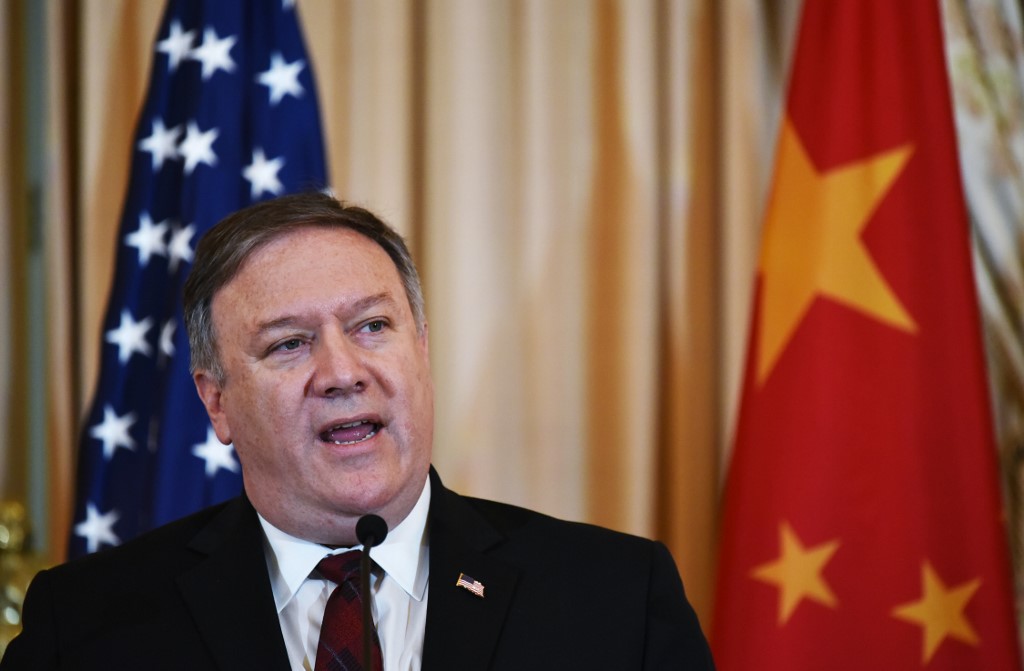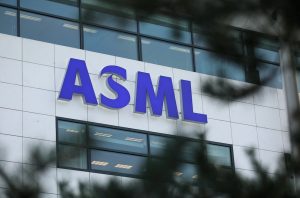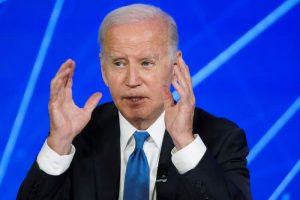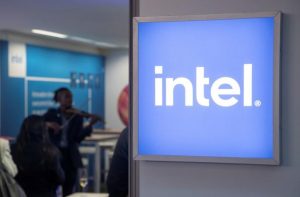(ATF) US Secretary of State Mike Pompeo won a battle to toughen a Trump executive order to ban US investors from buying securities of Chinese military-linked firms, prompting Treasury department clarification that this applies to exchange traded funds (ETFs) and index funds.
The Treasury department published guidance clarifying that the executive order, which was originally released in November, would apply to investors in ETFs and index funds, as well as covering subsidiaries of companies designated as owned or controlled by the Chinese military, in an update released late on Monday December 28.
The new guidance specifies that the prohibitions apply to “any subsidiary of a communist Chinese military company, after such subsidiary is publicly listed by Treasury.” It added that the agency intends to list publicly traded entities that are 50% or more owned by a Chinese military company or controlled by one.
The clarification came after a reported disagreement between the Treasury department and the State department – the economic and foreign policy arms of the US government – over how aggressively to frame the impact of the executive order.
Full divestment of holdings by US investors in affected Chinese companies is not due to come into effect until November 2021, and the order could potentially see further changes after the Biden administration takes over from President Trump on January 20.
But guidance on how to interpret the order is already prompting index managers to act to remove some of the relevant Chinese firms from their indices, and new securities trades in the companies by US investors will be barred from January 11.
While the Treasury department confined itself to provision of extra detail about the executive order on its website, Secretary of State Pompeo celebrated what he appears to view as a victory in his bid to maintain a tough stance towards China in the waning days of the Trump administration.
“President Donald Trump is protecting US investors and pension funds. His executive order prohibits ETF and index fund investments in communist Chinese military companies and subsidiaries. Great teamwork on today’s announcement,” Pompeo said in a tweet late in the US day on Monday December 28.
Pompeo also released a statement giving his evaluation of the impact of the Treasury clarification, even though it is not under his direct purview.
“This ensures US capital does not contribute to the development and modernization of the People’s Republic of China’s military, intelligence, and security services,” Pompeo said.
“The executive order applies to all transactions by US persons, including individuals, institutional investors, pension funds, university endowments, banks, bond issuers, venture capital firms, private equity firms, index firms, and other US entities, including those operating overseas. This should allay concerns that US investors might unknowingly support (Chinese military-linked companies) via direct, indirect, or other passive investments including those linked to educational, ETFs, venture funds, private equity, real estate investment trusts, commodities, endowments, pensions, or any other investment funds tracking bonds, loans, lease lines, debt or equity indices that include securities or subsidiaries publicly listed by the US government.”
Pompeo and other US Republican politicians can be expected to keep up pressure on President Biden next year to stay tough on China, and to criticise any signs of relaxation of their attempts to limit access to US markets for military-linked firms.
























